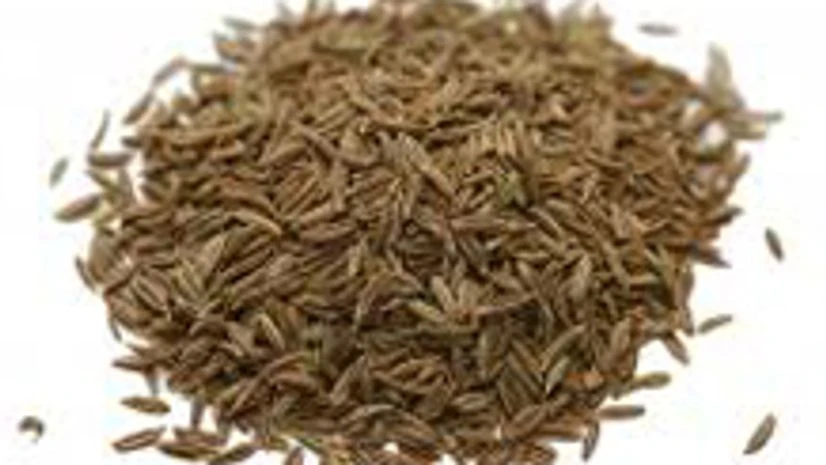Syrian crisis coupled with dismal crop conditions in other jeera (cuminseed) producing nations has created an advantageous situation for jeera (cumin seed) exports from India.
As per the Spice Board of India's data, this year jeera exports have touched nearly 80,000 tonnes so far, while more exports are likely to take place in days to come.
Experts maintained that global jeera supplies are less as the key producing nations such as Turkey and Iran are facing lower crop this year. More so, crises in Syria is curtailing supplies from the region.
Also Read
As per the industry estimate, Turkey and Syria supply over 25,000 tonnes of jeera each, but so far this year, jeera supplies from these countries have been remarkably less. Supplies from Iran too are hit due to lower crop.
According to Spice Board data, India has exported 79,900 tonnes of jeera so far during 2012-13. Interestingly, trouble at Syria has helped India to exploit other markets for exports. Jeera exports to Vietnam, Spain, UAE, Iran and Turkey have increased dramatically as compared to exports in 2007-08. Exports to these countries jumped several times since 2007-08.
"Amid slowing global supplies, India has an advantage of higher production, good realisation and alert farmers. All these factors have added to increased production of jeera in the country. At a time of lesser supplies from global peers, we have an advantage to sell our produce," said Shailesh Shah, director, Jabs International - one of the largest jeera exporters in India.
"Looking at the present scenario, we won't have a competition globally until next July," said Shah.
India's jeera crop for the year 2012-13 is expected to be close to 400,000 tonnes, which is about 10-15 per cent higher from the five year average but is lower than the previous year's record production of 461,160 tonnes.
"Prices have moved up recently and are believed to remain high for some more time as there is demand pressure from overseas buyers," said a jeera trader from Unjha, India's largest jeera trading hub.
Prices hover in the range of Rs 13,700-14,700 per quintal, while international prices hover in the range of $ 2200 per tonne FOB (freight on board).
In the futures market on National Commodity & Derivatives Exchange Limited (NCDEX), immediate delivery contract quoted at Rs 14,200 per quintal on Tuesday.
However, analysts believe prices to remain range-bound at these levels and are less likely to surge further. "Over a period of last five years, annual growth rate in domestic consumption is seen as 5 per cent versus 8.5 per cent of production rate resulting into building up of good amount of stocks," a research note by Emkay Research showed.
Further, weather has remained favourable for the jeera crop next year.
"Farmers are smart, they have seen good realizations in jeera. Further, weather has been favourable so next year too jeera production will stay high," said a source at Unjha Agriculture Produce Marketing Committee (APMC).

)
